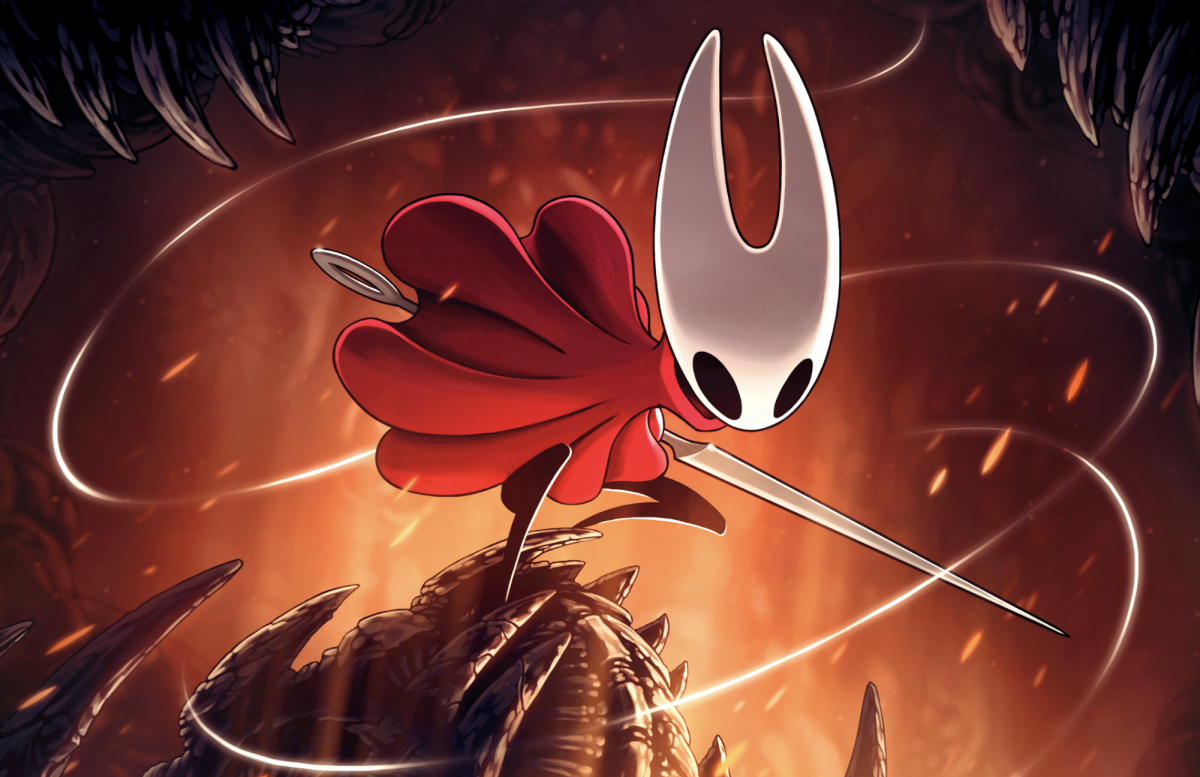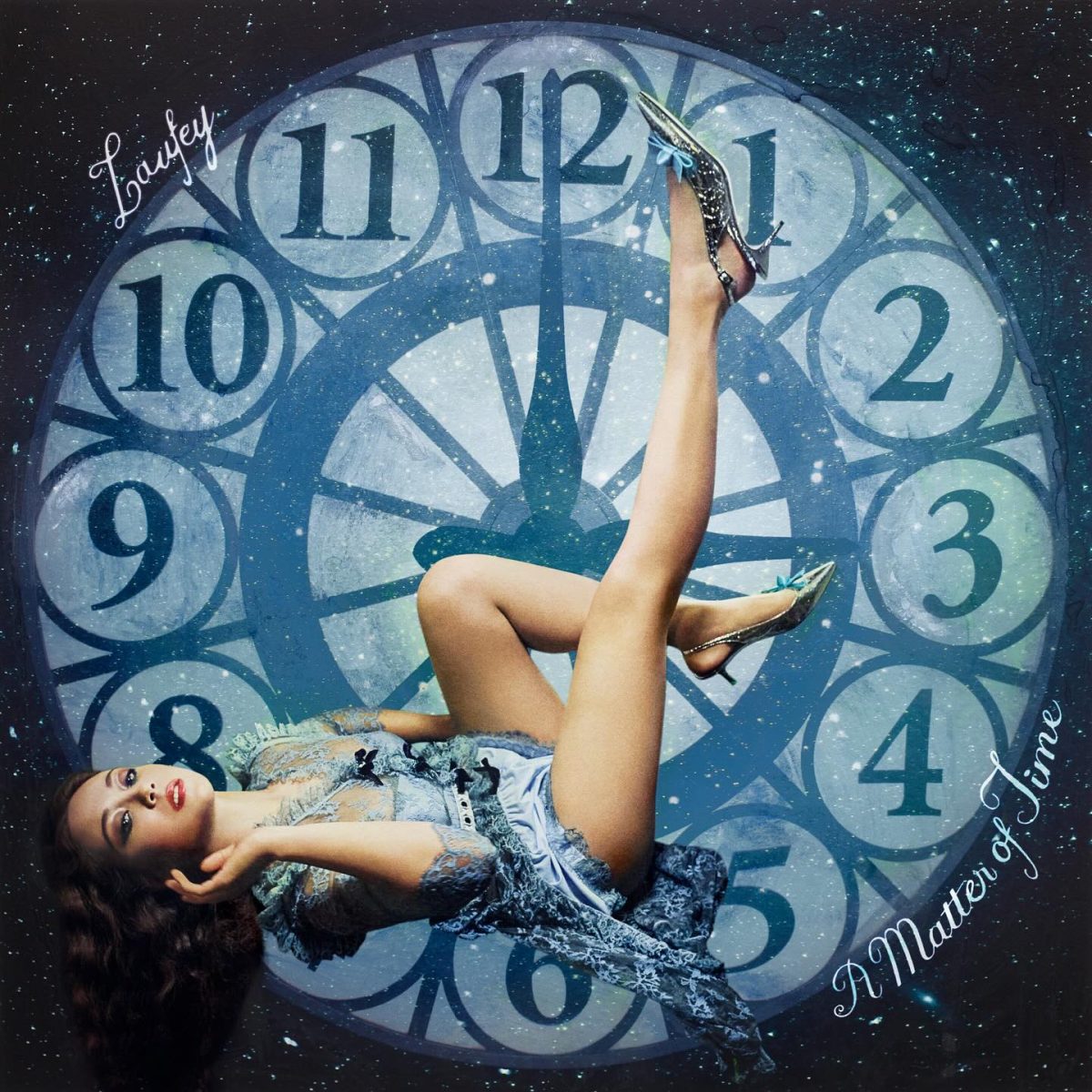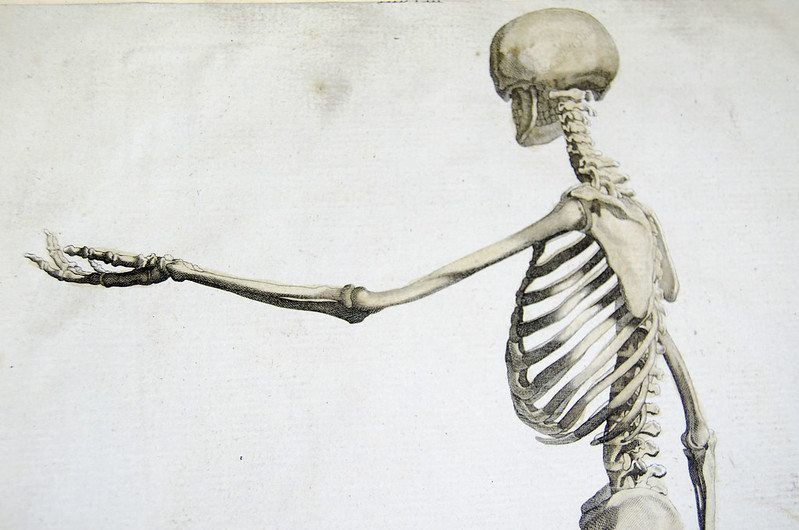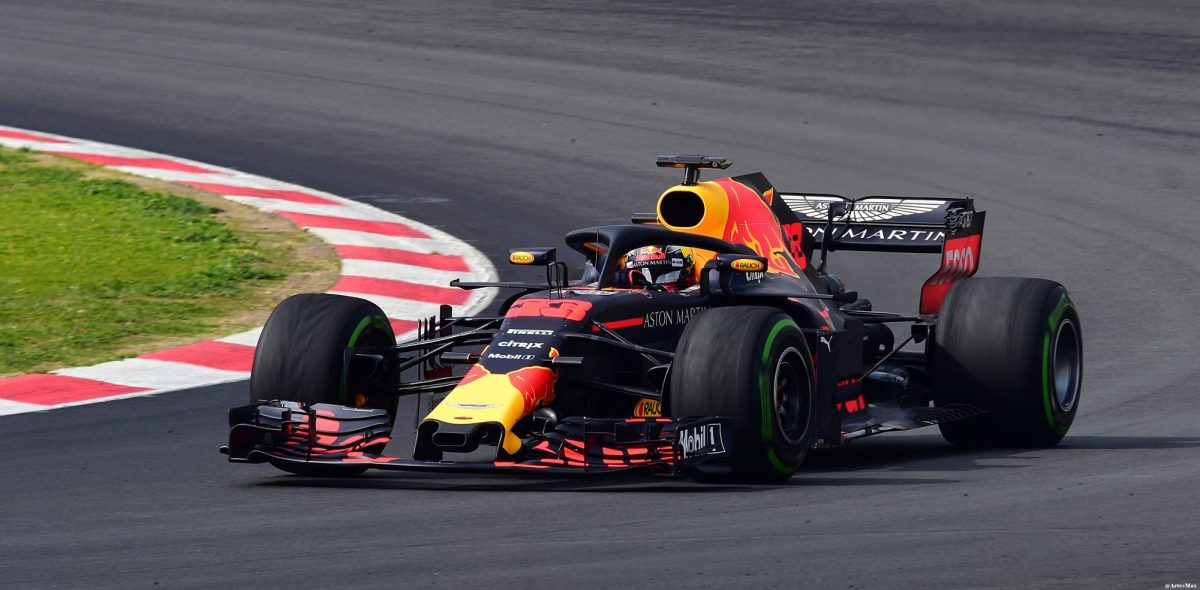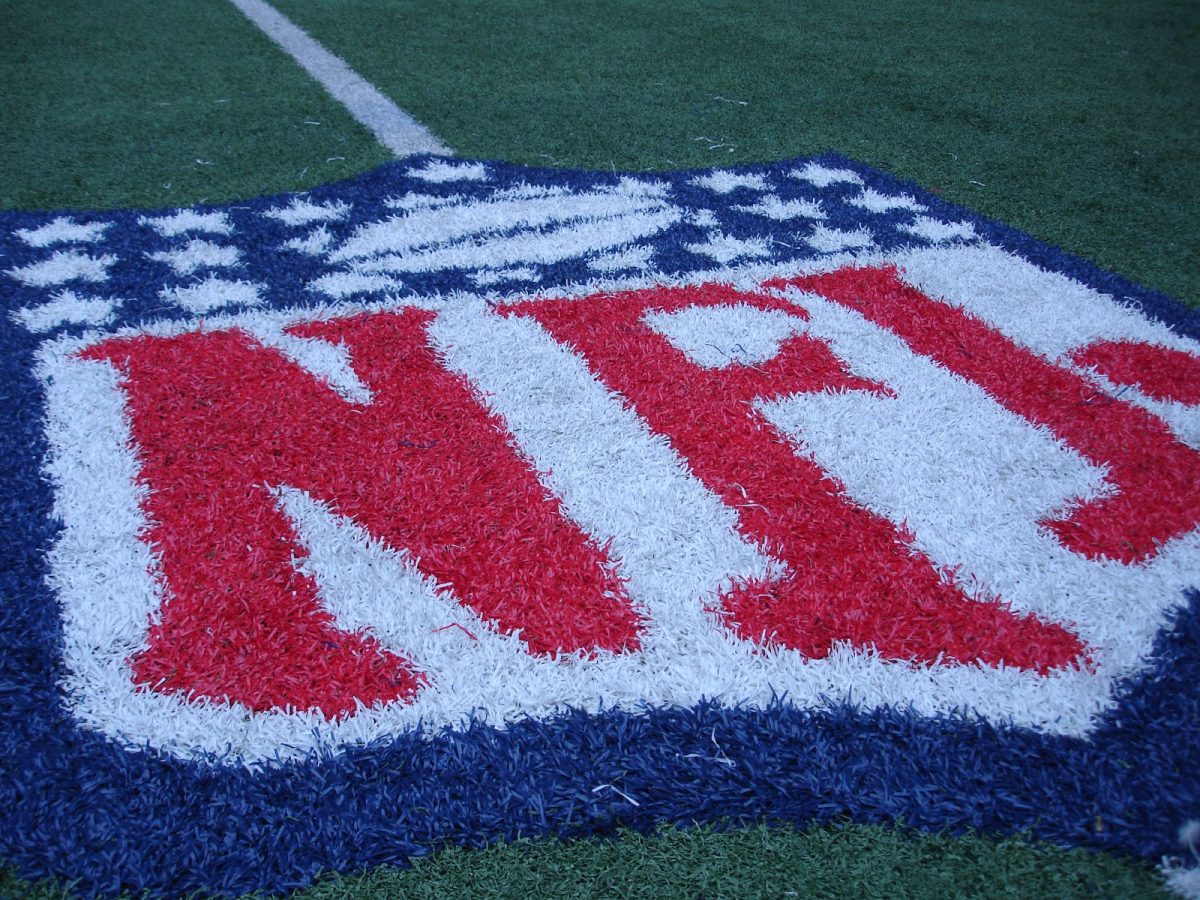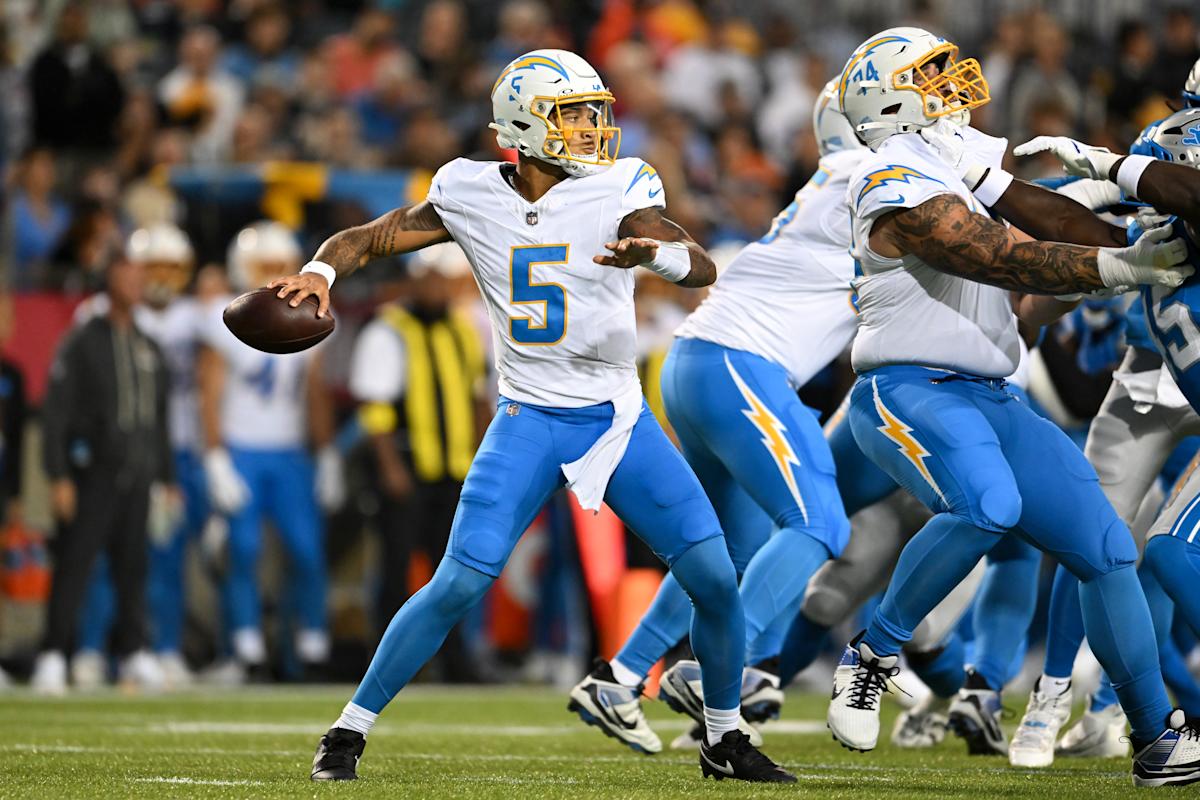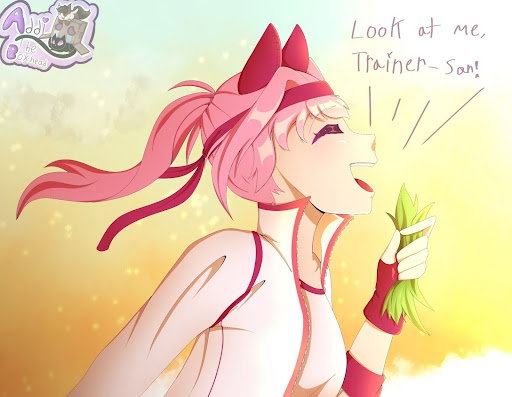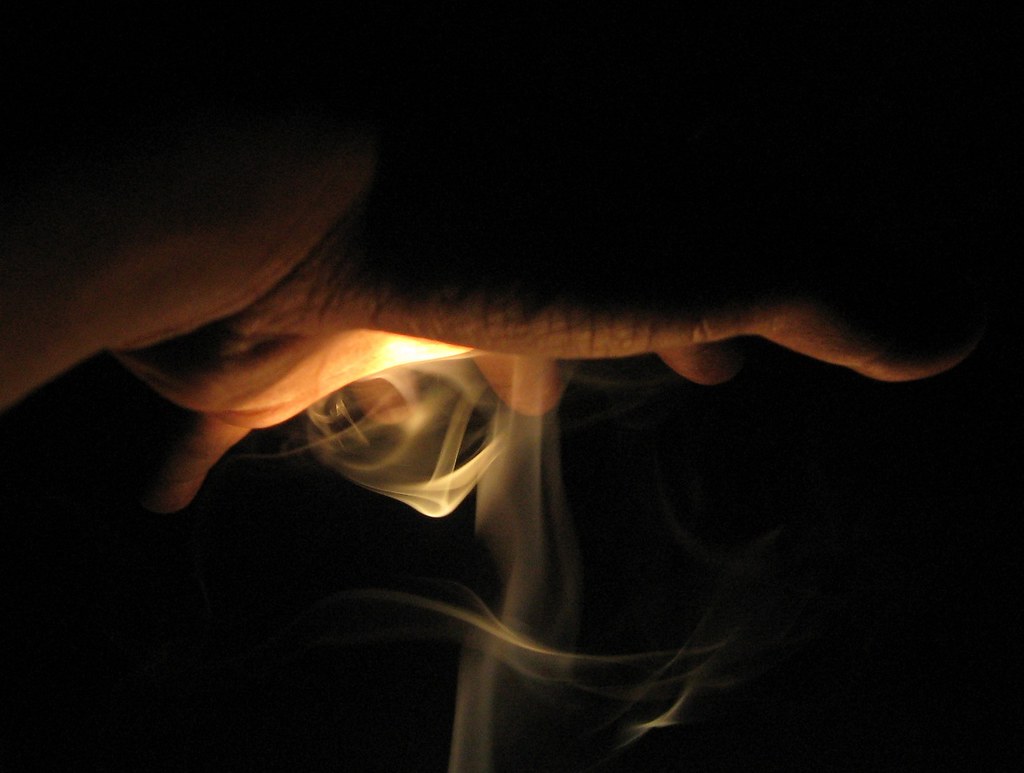As of recently, a game from overseas has taken the internet by storm. On June 26th, 2025, a popular Japanese game known as Umamusume Pretty Derby was released globally and blew up online around late summer. Umamusume (Japanese for “horse girls”) is an anime-style video game in the gacha genre, where the goal is to collect and train anime horse girls known as “umas” to run in various races. The simple yet addicting gameplay combined with the visually appealing anime style made it easy for the game to stand out. The interesting twisit, though, is that all of the playable Umas are based off of and named after real famous racehorses in Japan.
All of the characters in Umamusume Pretty Derby have their own charming personalities inspired by the qualities of the real race horses. Be it the chaotic Gold Ship or the mad scientist Agnes Tachyon, they all have something to give in terms of entertainment value. Arguably the most beloved, though, is the character Haru Urara.
Haru Urara in the game is your typical bubbly, excitable, pink-haired anime girl, with the twist being how bad she is at racing. Her stats are undesirable in gameplay, and in official media she’s always shown coming in last place. Despite these factors, however, she always has a smile on her face. No matter how many times she fails, Haru continues to run and enjoy herself, trying her hardest every time. Her determined, happy, childlike personality made fans both in Japan and overseas fall head-over-heels for this character. Players put in more effort just to see her cross the finish line in 1st place and many even referred to her as “their daughter”. But as all Umamusume characters are, Haru’s story in the game was inspired by the life of a real Japanese race horse.
The real Haru Urara was born on February 27th, 1996 in Hokkaido, Japan, and trained to be a racehorse after no one wanted to buy her. Despite running in 113 races throughout her career, the horse had never won a single race. By June 2003, her name and story began to garner notice from the Japanese media, and people surprisingly fell in love with the losing horse. Her story of continuing to enthusiastically compete despite her lack of skill touched the hearts of many Japanese citizens, who saw her as a symbol of perseverance and continuing to have joy in the face of adversity. Thousands of Japanese yen would be bet on Haru with the knowledge that she would lose, simply because buying a ticket with her name on it was seen as a good luck charm. The audience cheered for Haru with so much enthusiasm – not because she won, but because she tried her best. This “Haru Urara Boom” earned her the title of “The Shining Star Of Losers Everywhere,” cementing her place in Japanese sports culture.
When Umamusume spread to the rest of the world, so did the love for Haru Urara. When the ability to donate her favorite food, rye grass, through a website was discovered, fans in Japan and overseas donated so much that the website had to be shut down to remedy the massive influx of orders. Many international fans even made plans to visit the legendary loser horse, which made the news of her death all the more tragic.
It was announced early on September 9th that the beloved Haru Urara had passed away at the age of 29 from colic. Fans all around the world united to mourn their shining star, flooding the internet with quotes from the game, memorial art, and positive words about how the horse had influenced them. Seeing Haru’s unwillingness to give up gave that same determination to the fans. As they chose to carry on her legacy by continuing to smile and spread joy, they showed that despite never coming in 1st place, Haru Urara was #1 in our hearts.












